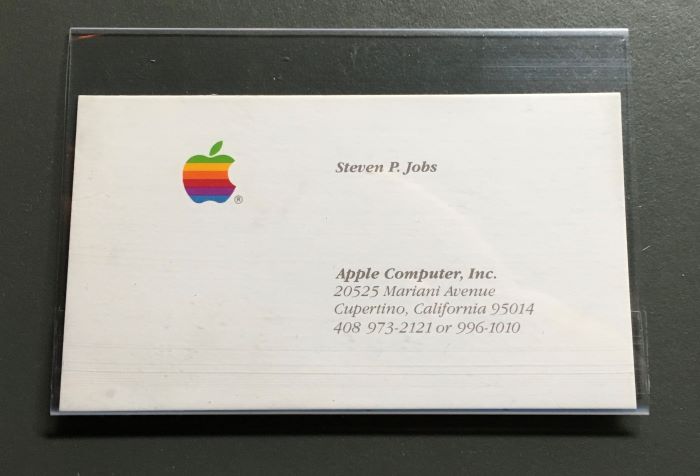As the man most responsible for the success of the largest tech company in the world steps down for medical reason, people will speculate about the future of his company and the things that he has done to make it great.
Steve Jobs was a micro-manager. He had his hands in products from design to coding and was the ultimate tester prior to alpha launch.
His creativity and guidance in marketing was a skill that he honed over the decades, bringing it to a case-study level by the late 90s. Today, Apple marketing is viewed as the benchmark by which other tech companies are judged.
He changed the industry to make “clean and simple” a desirable trait. Prior to Apple’s simplification of technology in both form and function, the industry greatly relied on complex, flashy designs and intimidating functionality.
From a sheer leadership perspective, Jobs has been viewed by many as an inspirational juggernaut. Everyone from his senior management staff to interns were moved by the passion and sincerity that exuded from him and every move he made.
All of these things and two dozen others can be seen as his greatest contributions to Apple. There is one thing, however, that sticks out as the real game-changer that Jobs brought to Apple.
Panache.
It wasn’t always there, at least manifested in ways that it has been the last two decades. The famous 1984 video showed some of it. The company made a bold statement with their advertisement, “Welcome, IBM. Seriously.” These and so many other statements the company made in the 1980s was strong, but it wasn’t until he was released and returned that the real Steve Jobs stood up.
The determination that he demonstrated from 1997 until today is what truly marks his reign. He needed to fail in order to succeed. Being pushed out of Apple hurt, but perhaps it was this that gave him the strength he needed to take the company to where it is today in 14 years.
His departure and triumphant return created a man of vision. It created a man with panache.



Leave a Reply